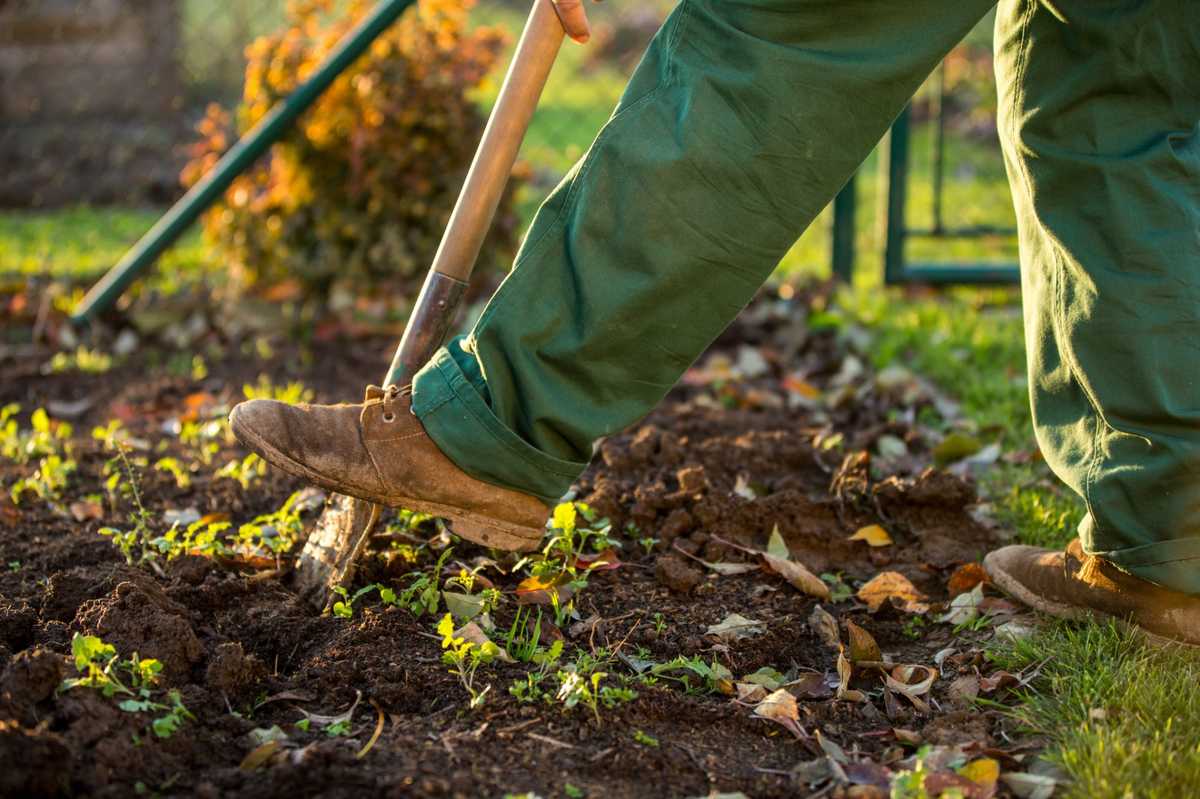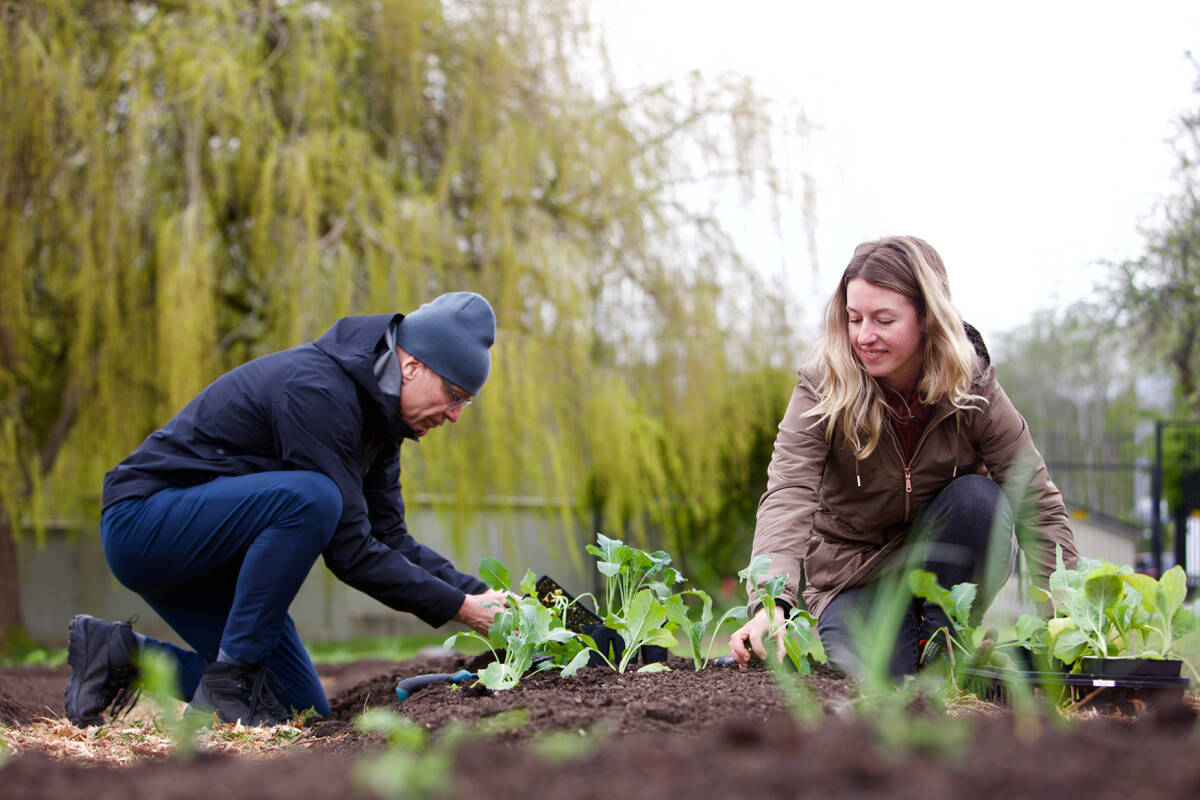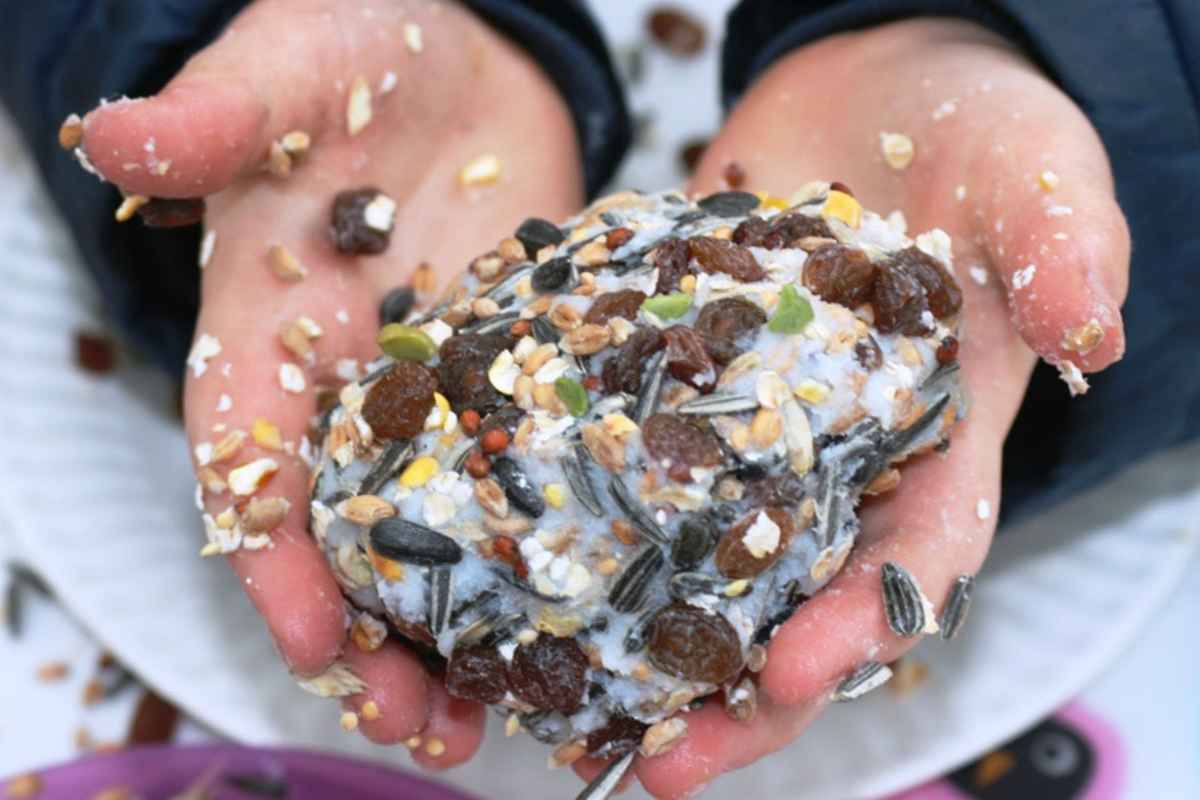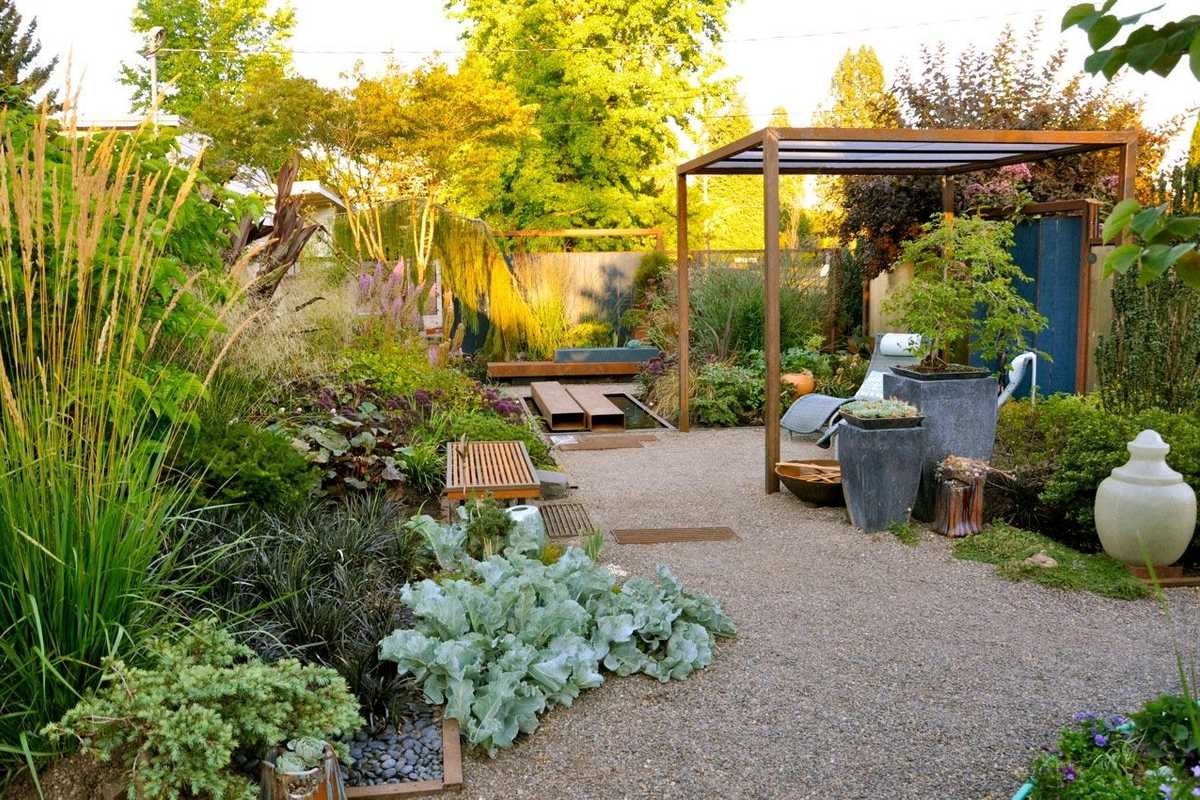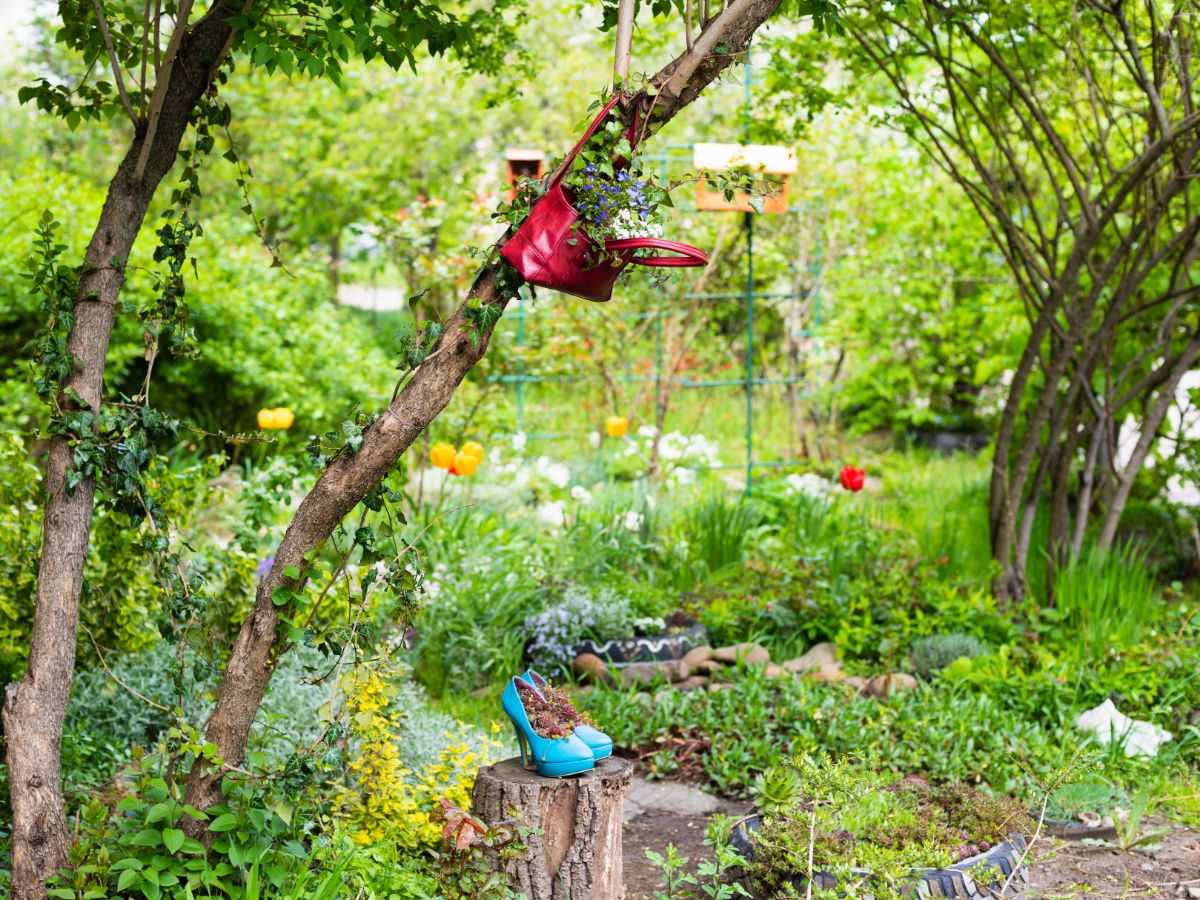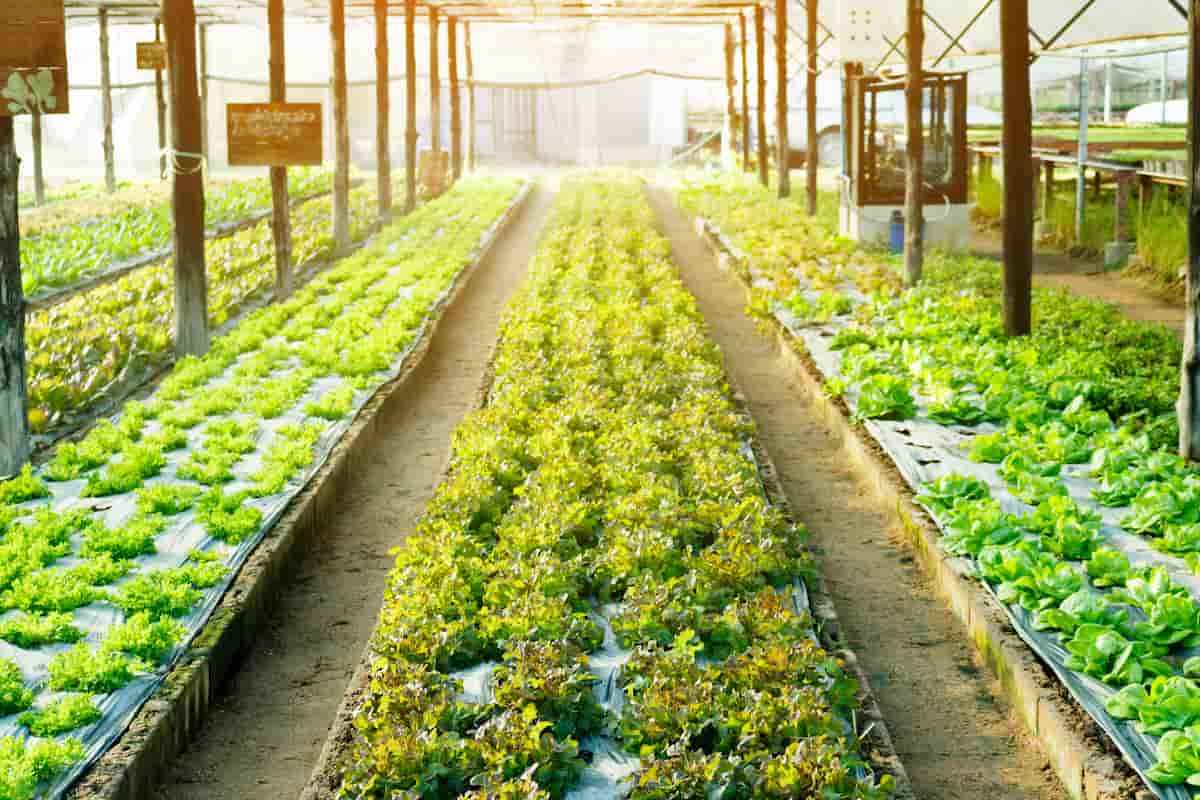Sustainable gardening has emerged as a transformative practice, offering a multitude of benefits that extend beyond the garden bed.
As environmental concerns continue to mount, embracing sustainable gardening practices has become a crucial step toward fostering a greener and healthier world.
That said, here are its known benefits:
Environmental Conservation
At the heart of sustainable gardening lies the commitment to environmental preservation. By selecting native plants, conserving water through efficient irrigation methods, and avoiding chemical pesticides and fertilizers, gardeners reduce their ecological footprint.
This approach not only minimizes soil and water pollution but also protects local ecosystems from the negative impacts of invasive species.
Soil Enrichment and Health
Sustainable gardening promotes soil health through natural methods. The practice of composting transforms kitchen scraps and yard waste into nutrient-rich humus, enhancing soil fertility and structure.
Healthy soil teeming with beneficial microorganisms fosters robust plant growth, reduces erosion, and sequesters carbon dioxide, contributing to the fight against climate change.
Reduced Waste
Sustainable gardening focuses on using compost to offer a means for you and your household to repurpose food waste instead of discarding it.
Furthermore, this approach harnesses yard materials such as trimmed grass and deceased plant leaves, alleviating the need to gather and set them out for routine waste collection.
Less Carbon Emissions
Engaging in gardening can directly contribute to reducing carbon emissions. Conventional gardening practices frequently involve fertilizers, with only a fraction being taken up by plants.
The surplus fertilizer either flows into nearby water bodies or breaks down in the soil, emitting greenhouse gases into the air. Opting against fertilizers and, instead, utilizing nutrient-rich compost and mulch can effectively curb carbon emissions through your garden.

